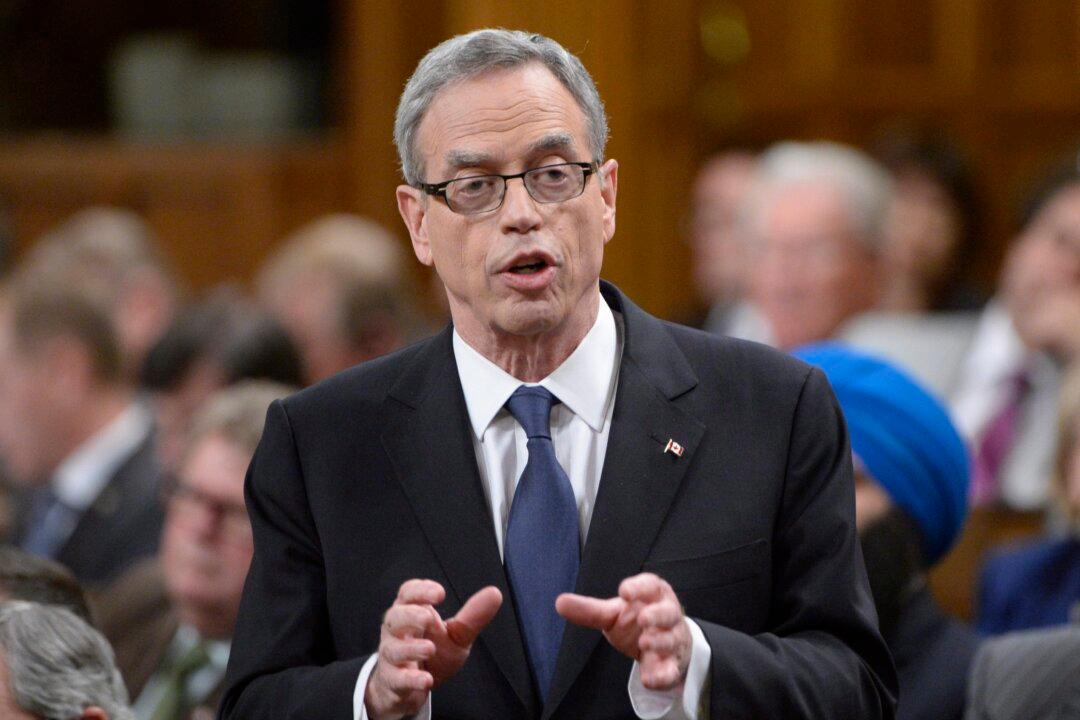OTTAWA—Small business owners were big winners in Budget 2015. Economic Action Plan 2015 is chock full of measures for helping small businesses, which represent 99 percent of all businesses in Canada and employ over half the people in the private sector.
The biggest measure is a proposal to cut the small business tax rate from 11 percent to 9 percent over the next four years.
“We’re really, really pleased. We’ve been calling for that for years,” Canadian Federation of Independent Business (CFIB) president Dan Kelly told Epoch Times.
Kelly is also pleased that the federal government is planning to legislate the tax cut so that it will still go into effect post-election. The CFIB gave the budget a grade of “A.”
The government estimates this tax cut will save small business owners $2.7 billion over the next four years.





